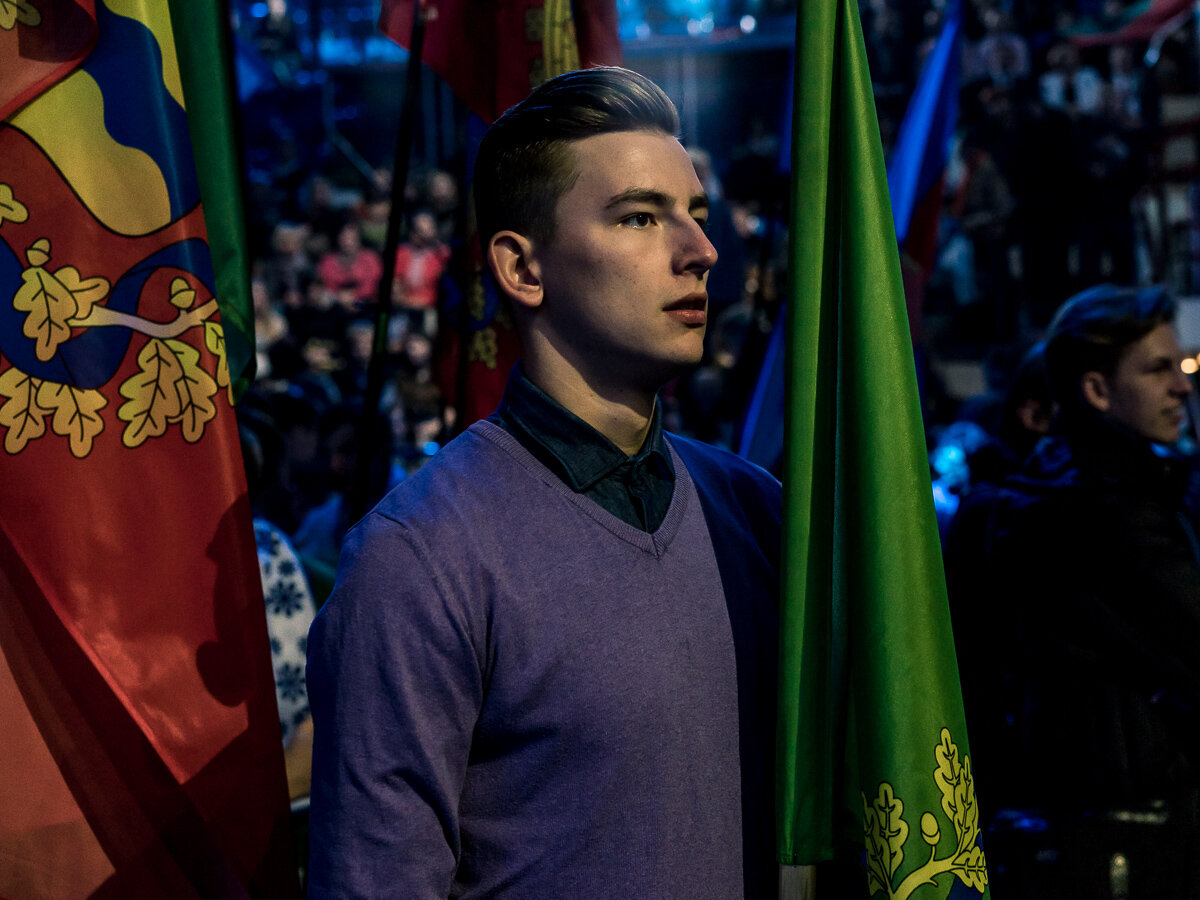
Belarus Must Live
The Eastern European country of Belarus is known primarily for its autocratic leader, Aleksandr Lukashenko, who since 1994 has presided over the former Soviet state as if the USSR had never collapsed. Its economy is largely state-run and political freedoms essentially nonexistent, although a thriving IT industry and relatively low levels of corruption have brought a modicum of comfort to the growing middle class in the capital city of Minsk. It remains a geopolitical fulcrum, shrewdly playing close ties with Russia against Western desires for openness.
The country is back in the spotlight after the August 2020 presidential election, in which Lukashenko’s major challengers were arrested or driven into exile, and the vote rigged to hand the incumbent an easy but utterly implausible victory. A defiant protest movement has been met with the full force of the state, sowing chaos at a time when much of the world is distracted by the coronavirus pandemic and leaving open the question of who will prevail in this test of wills.

A student attends a concert in support of Belarusian president Alexander Lukashenko which was recorded for later broadcast on state television on Friday, October 9, 2015 in Minsk, Belarus.
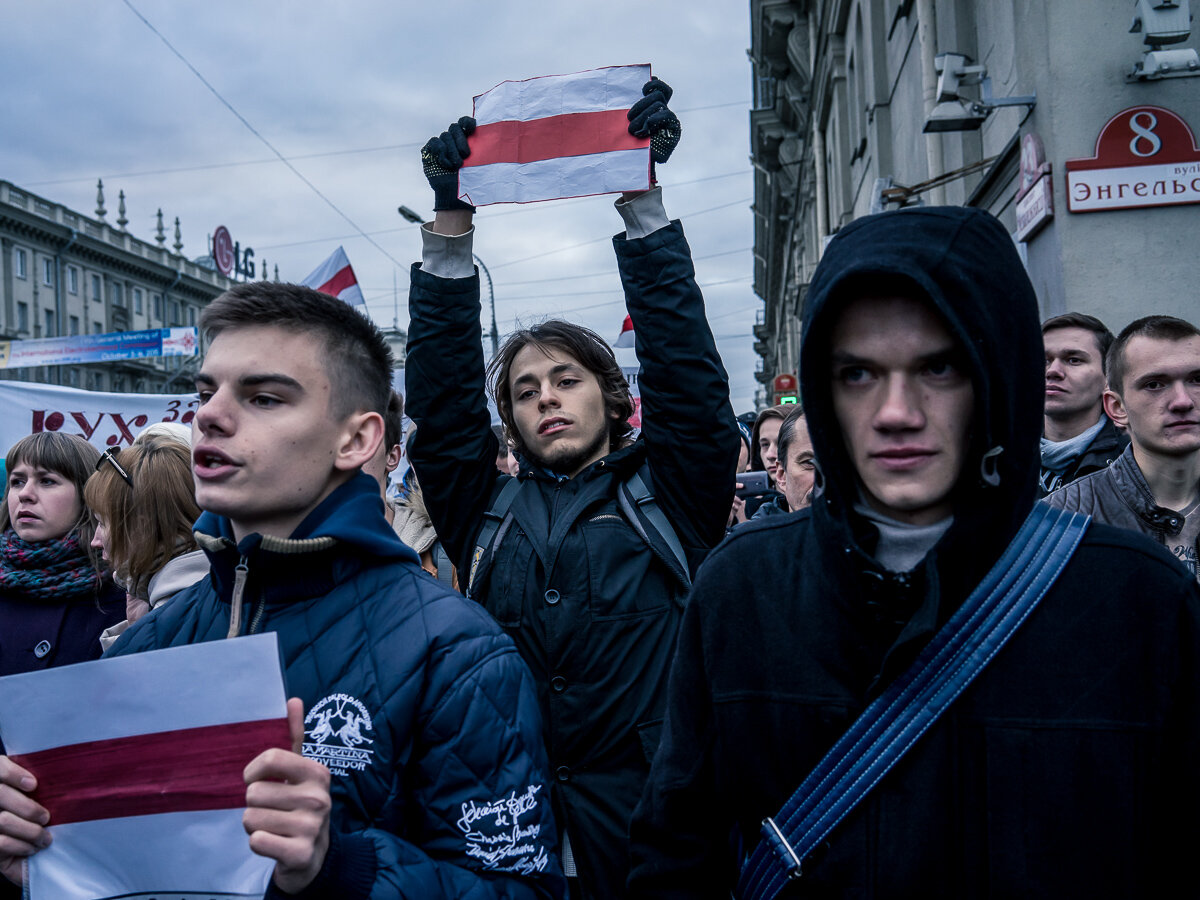
Activists hold Belarusian nationalist flags, a symbol banned as subversive, during an anti-government march on Saturday, October 10, 2015 in Minsk, Belarus. Taking place the day before presidential elections, the march demonstrated a level of freedom not previously tolerated as Belarus hopes to have European Union sanctions lifted. President Alexander Lukashenko, a longtime iron-fisted ruler of Belarus, was elected to a fifth term with a reported 83.5% of the vote, which international monitors said did not meet democratic standards.
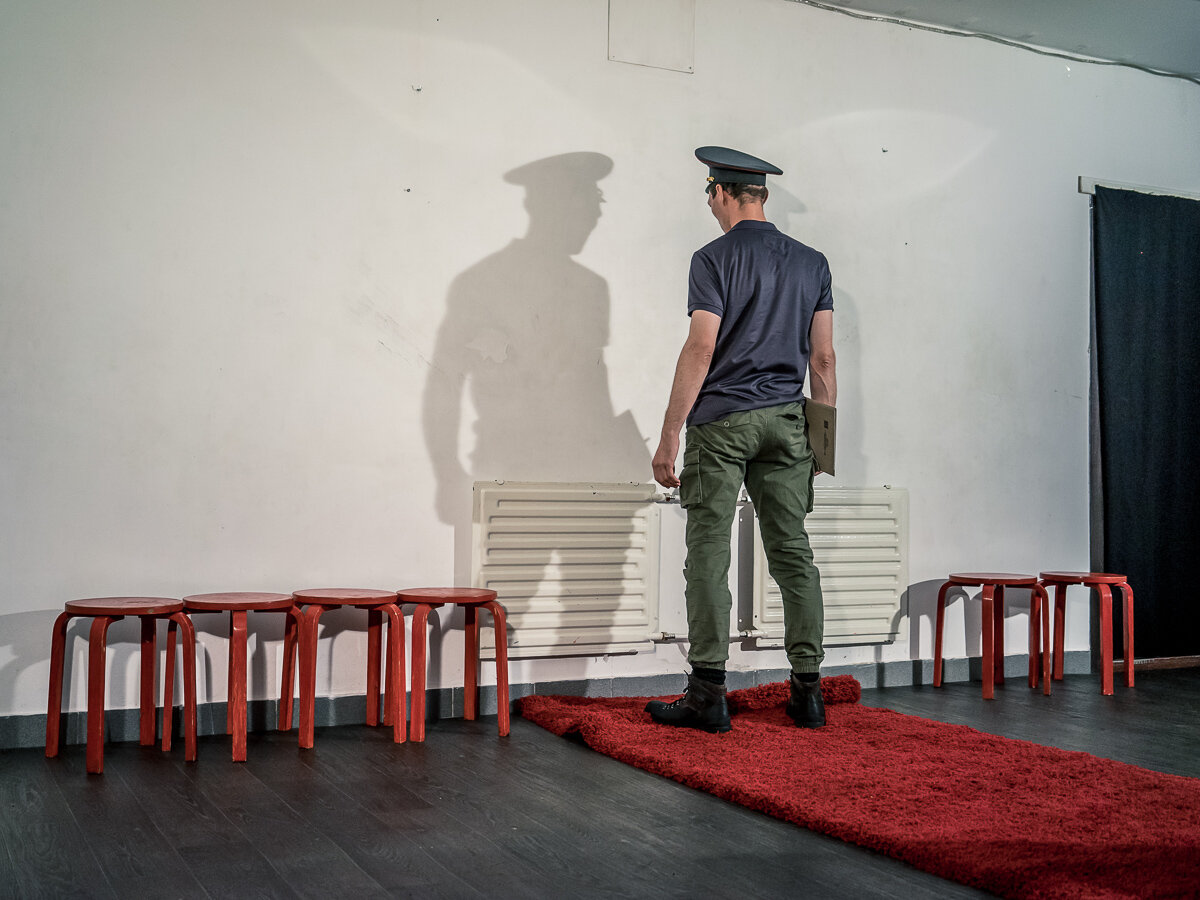
An actor with the Belarus Free Theatre performs at a secret location on Sunday, October 11, 2015 in Minsk, Belarus. The underground theater group operates in defiance of hardline authorities, with blatantly political and otherwise controversial subject matter, which has in the past led to police raids on performances, arrests of members, and for its founders to go into exile.
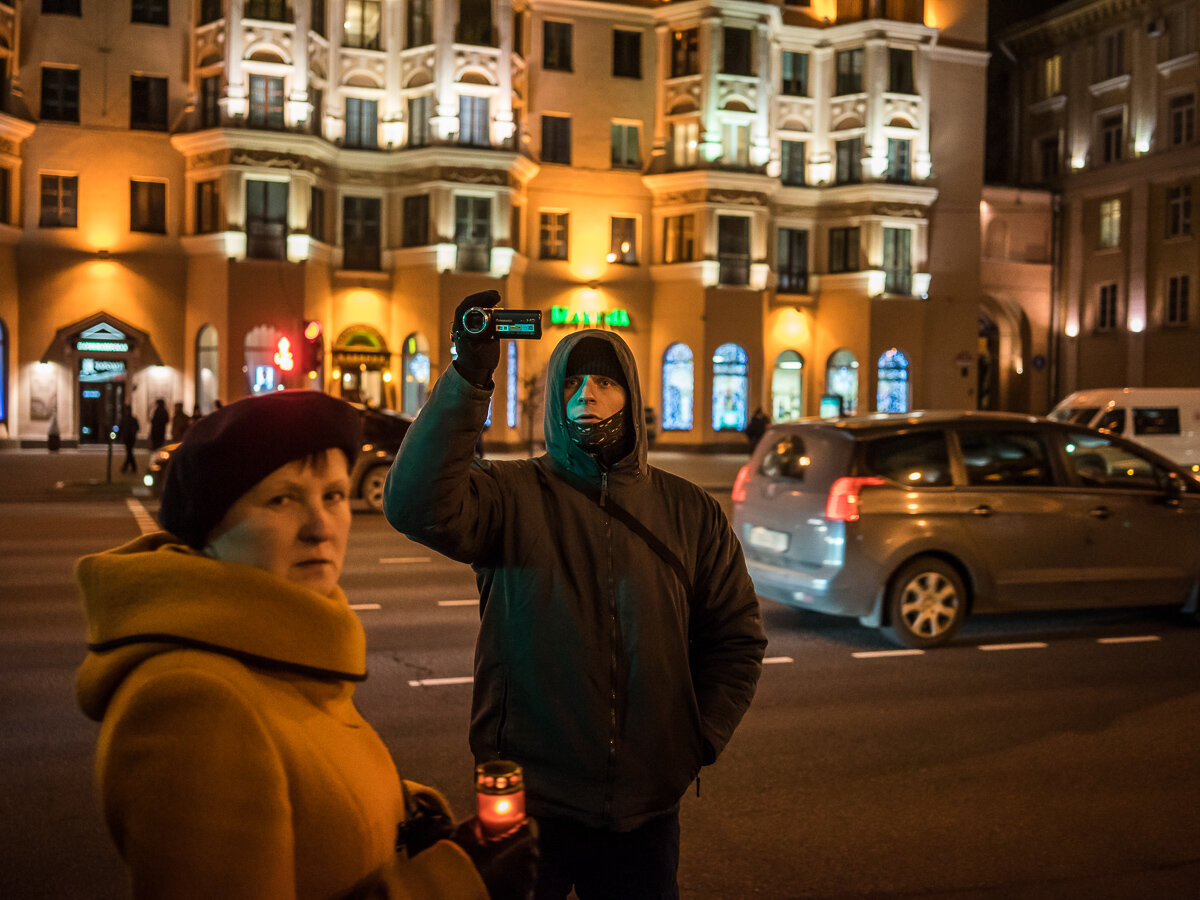
A man believed to be an undercover police officer videotapes a rally organized by Mikalai Statkevich, a former opposition presidential candidate and political dissident, to commemorate the nineteenth anniversary of a referendum which enshrined authoritarian changes in Belarus's constitution on Tuesday, November 24, 2015 in Minsk, Belarus.
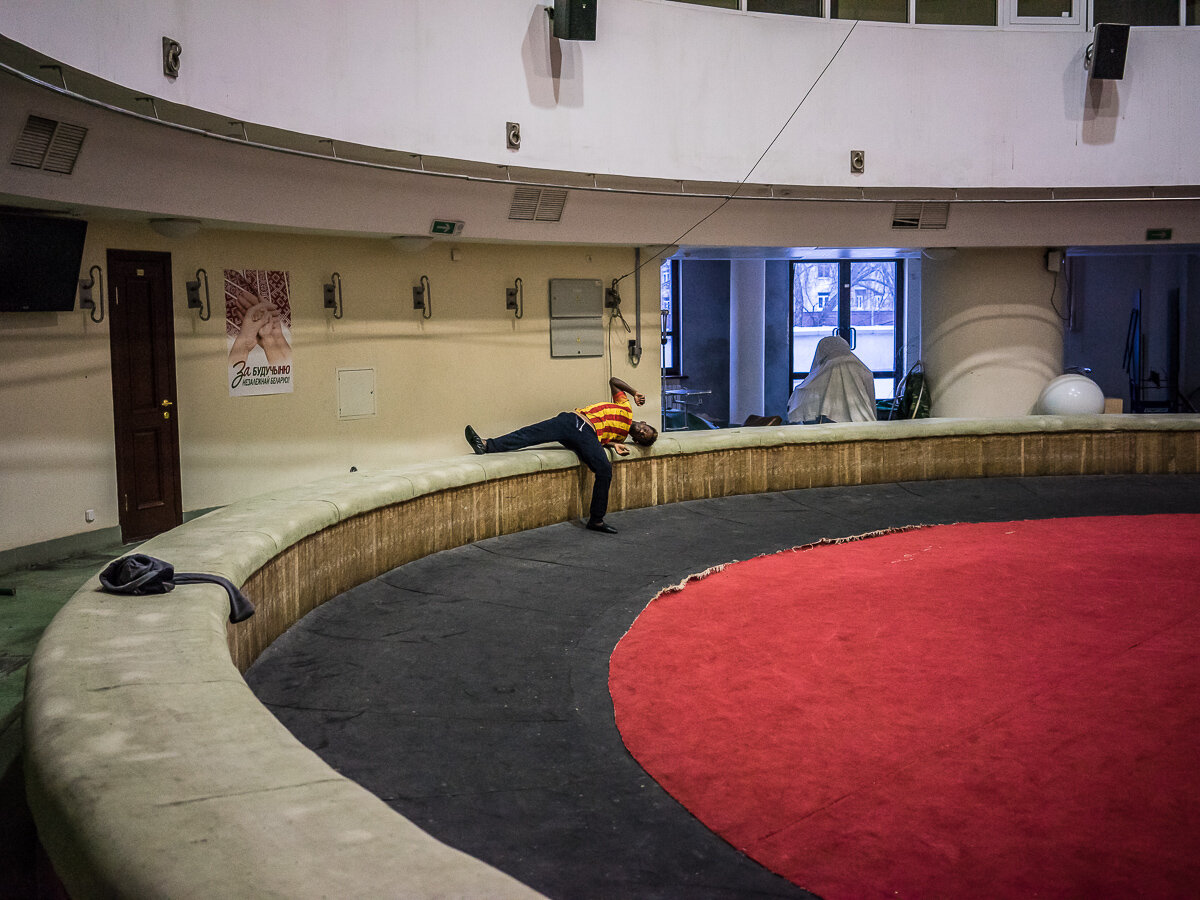
A circus performer from Ethiopia warms up during a rehearsal on Wednesday, November 25, 2015 in Minsk, Belarus.
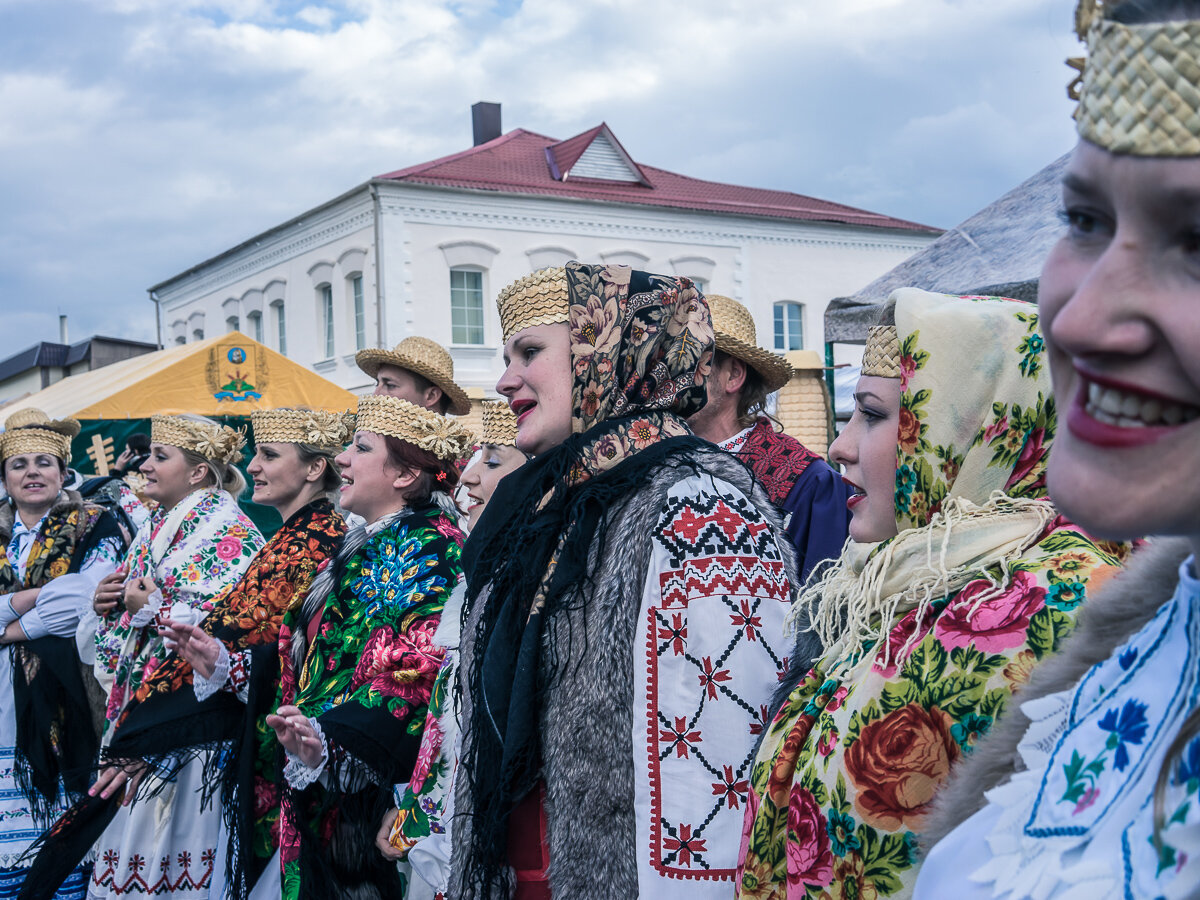
Singers dressed in traditional clothing during a festival on Saturday, September 24, 2016 in Mstislavl, Belarus.
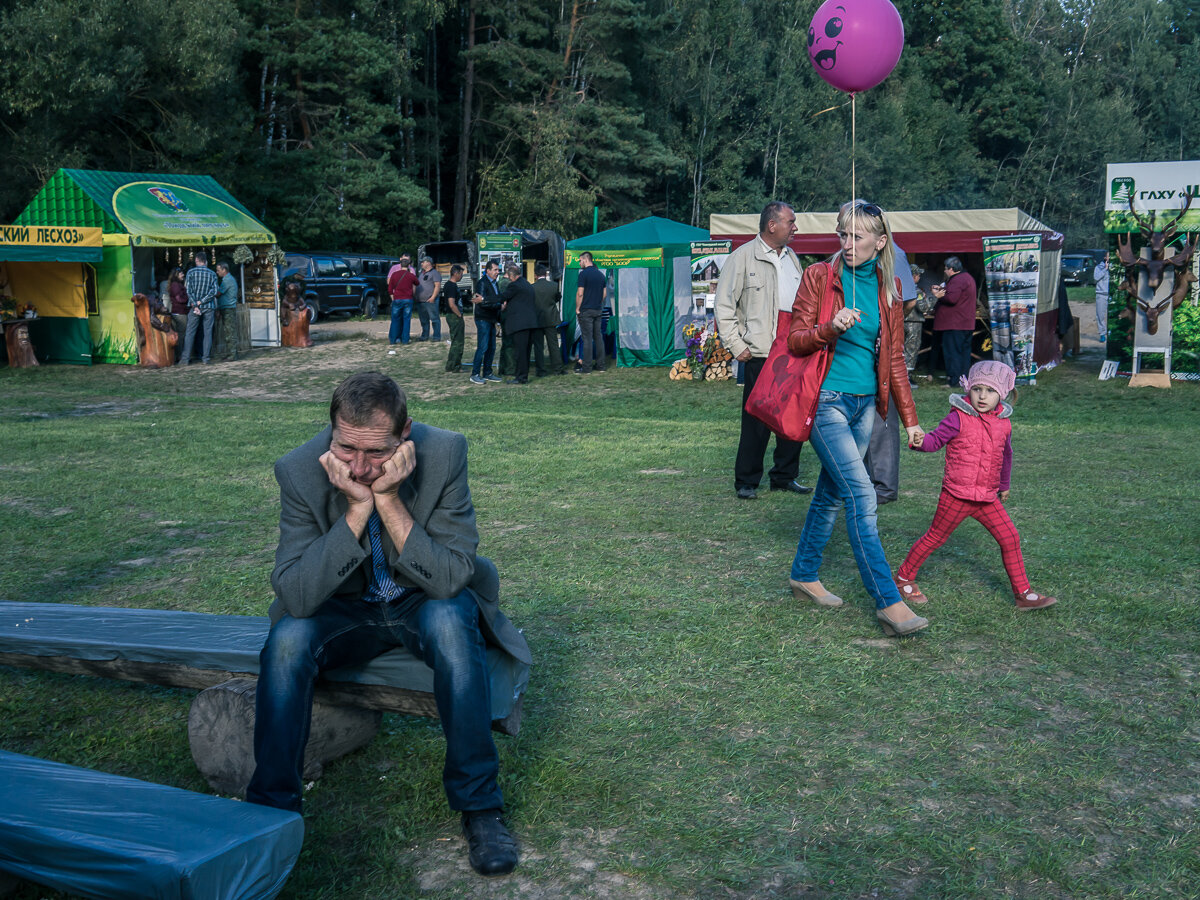
A hunting festival near the Augustów Canal on Saturday, September 17, 2016 in Grodno, Belarus.
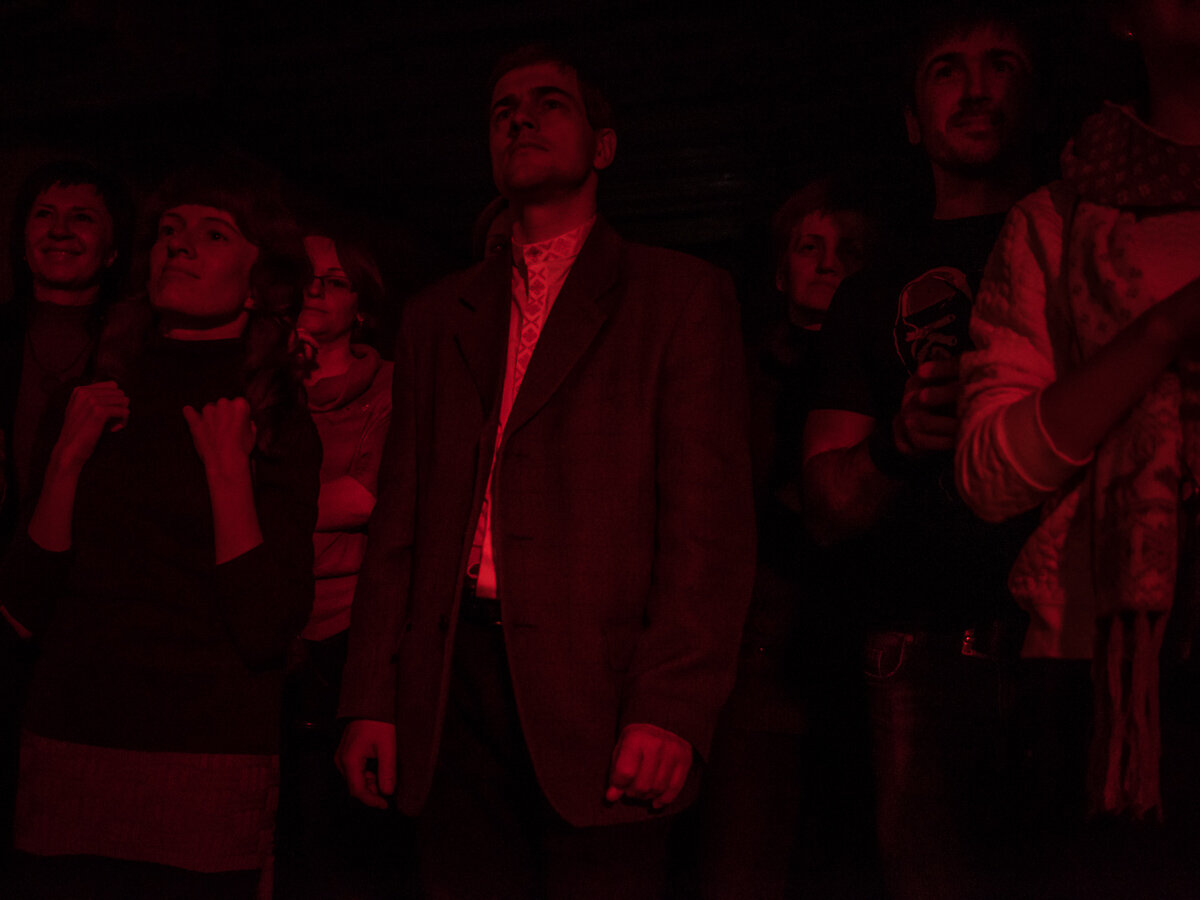
People attend a concert of the band Recha at TNT Rock Club on Tuesday, November 24, 2015 in Minsk, Belarus.
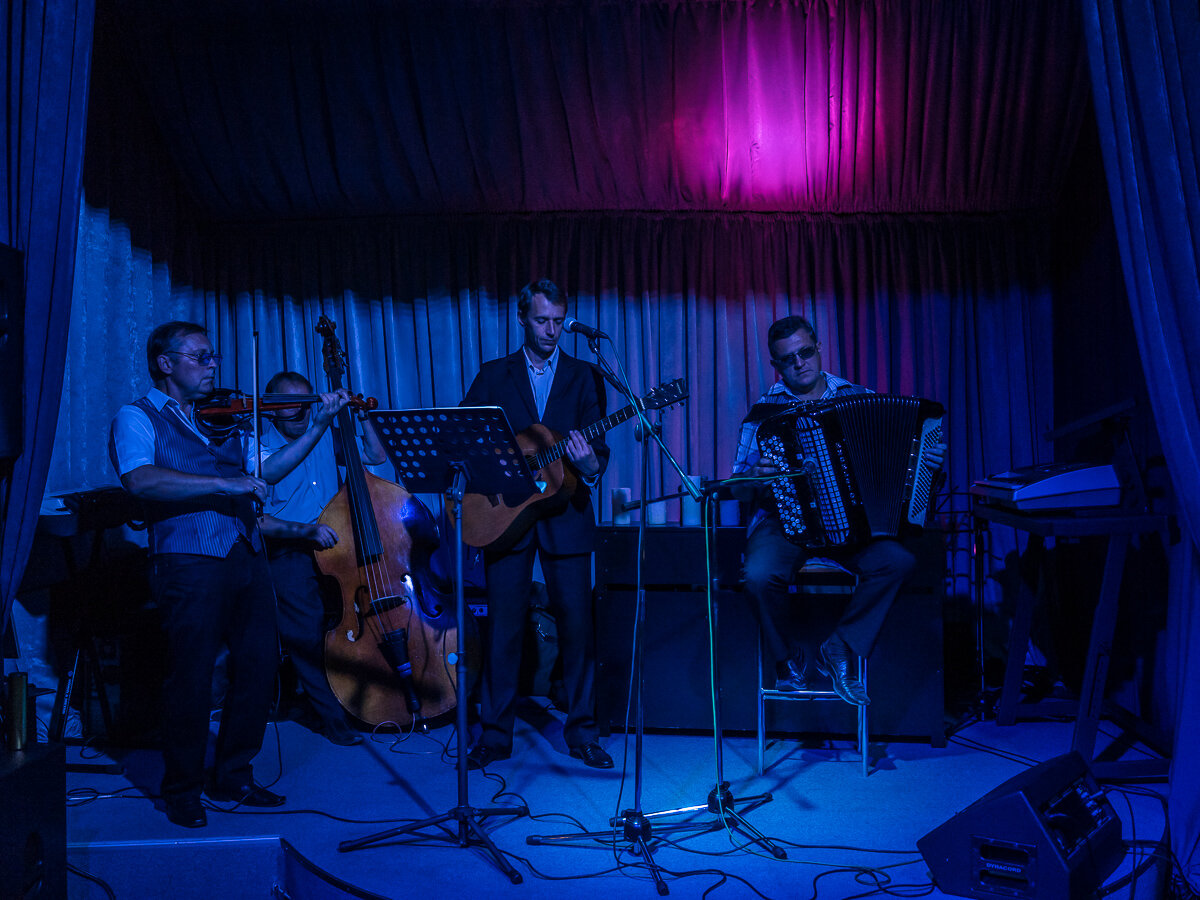
A band plays at a restaurant on Thursday, September 15, 2016 in Minsk, Belarus.
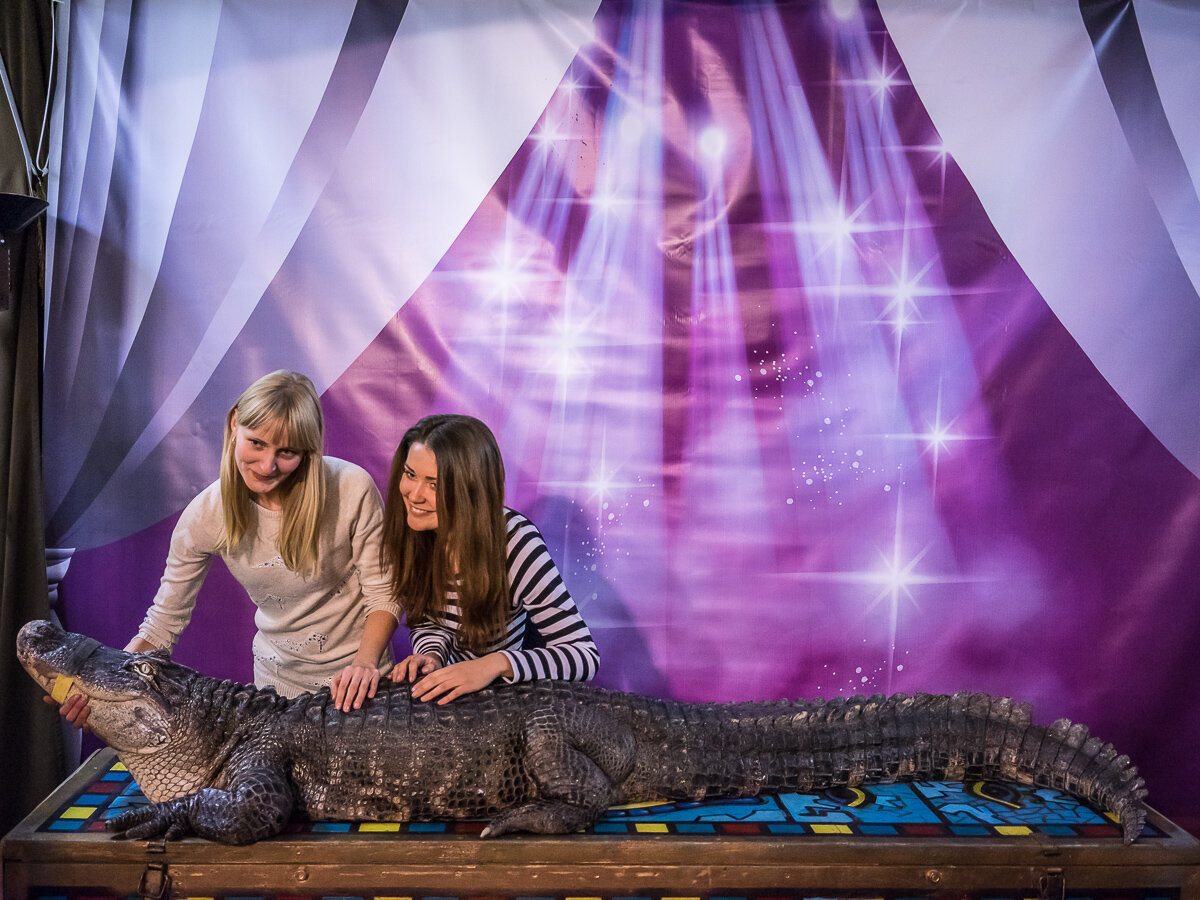
Women attending the Belarus State Circus pose for a picture with a crocodile named Marta on Wednesday, November 25, 2015 in Minsk, Belarus.
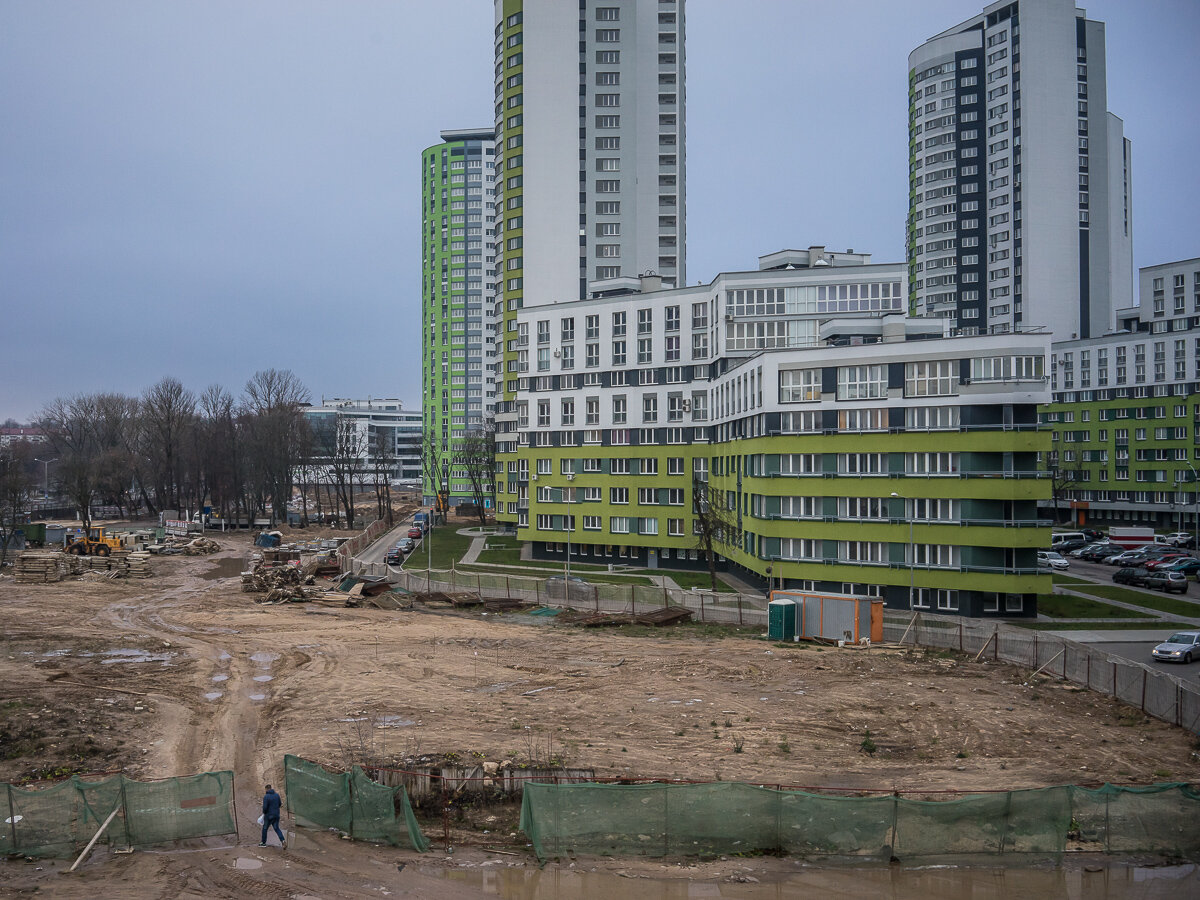
A suburban area which used to be the site of a prison is now the location of new high-rise apartment blocks on Tuesday, November 24, 2015 in Minsk, Belarus.
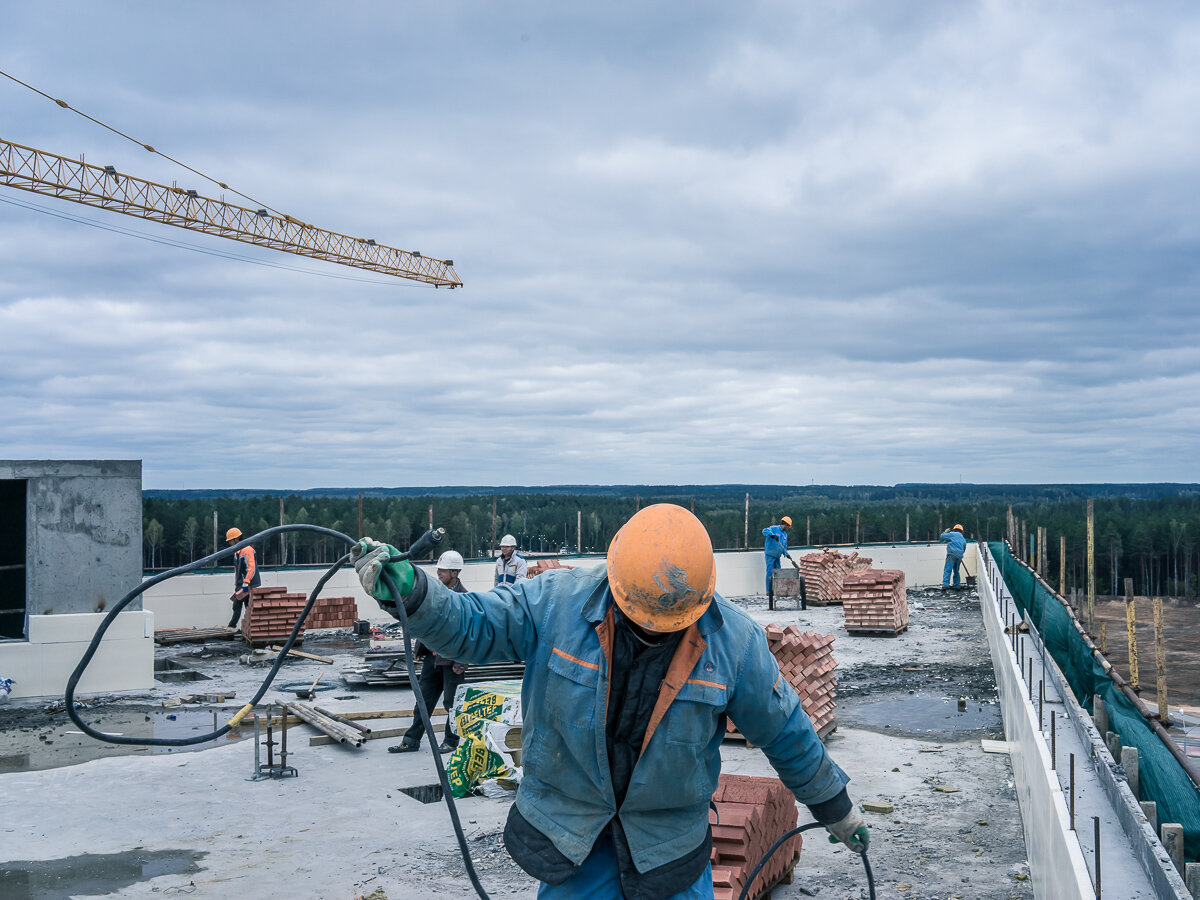
Construction proceeds at the Great Stone Industrial Park, a joint project between Belarus and China, on Monday, September 26, 2016 in Minsk, Belarus.
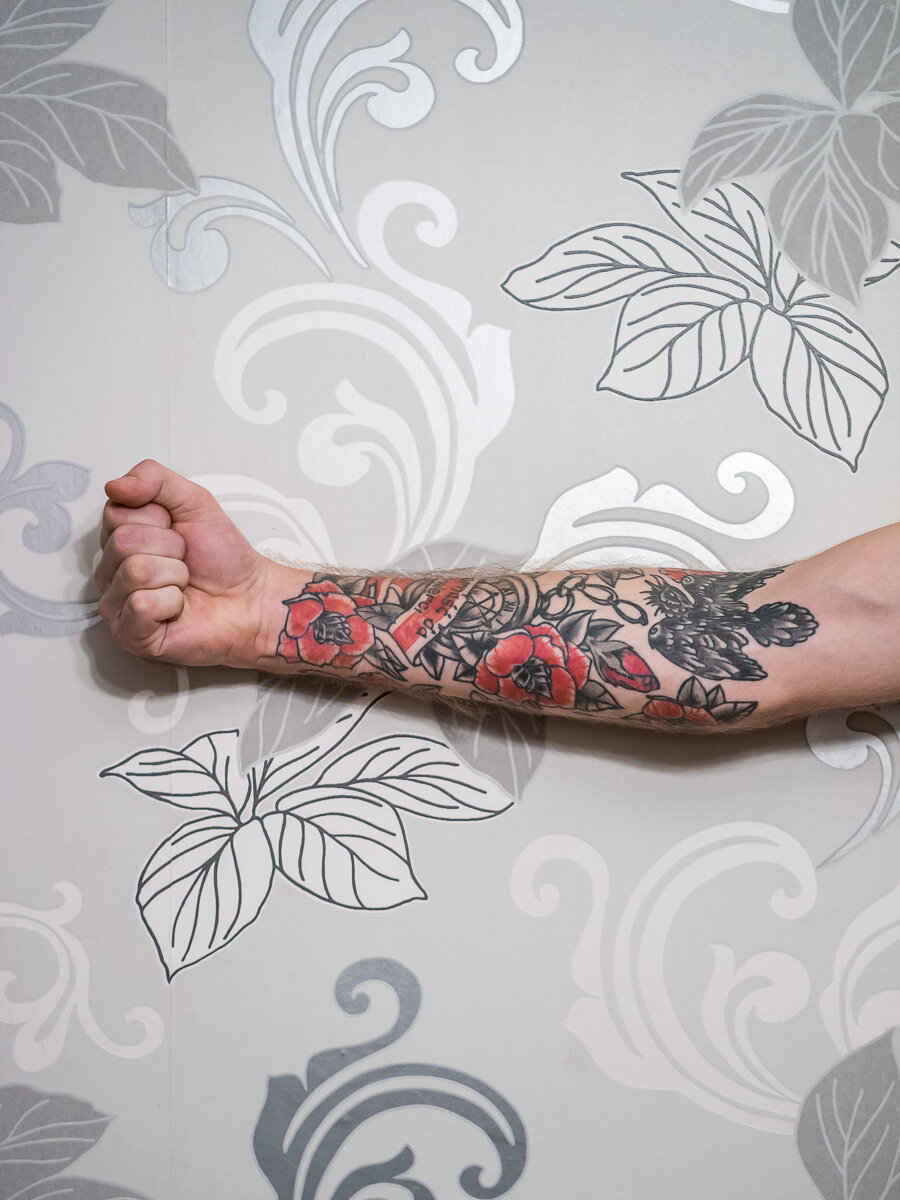
Maksim Pyakarski, who was arrested for spraypainting graffiti and charged with hooliganism, shows a Belarusian patriotic tattoo on Monday, November 23, 2015 in Minsk, Belarus.
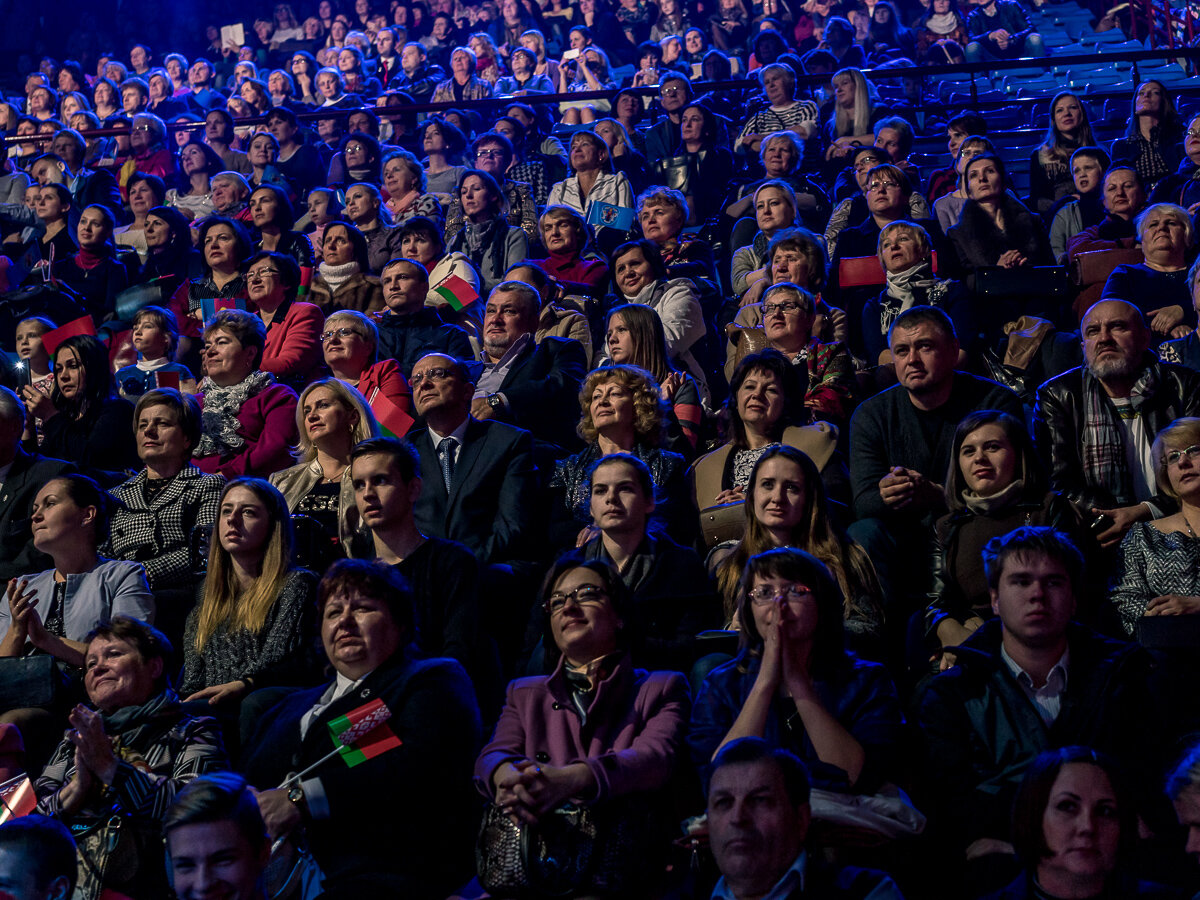
A concert in support of Belarusian president Alexander Lukashenko which was recorded for later broadcast on state television on Friday, October 9, 2015 in Minsk, Belarus.
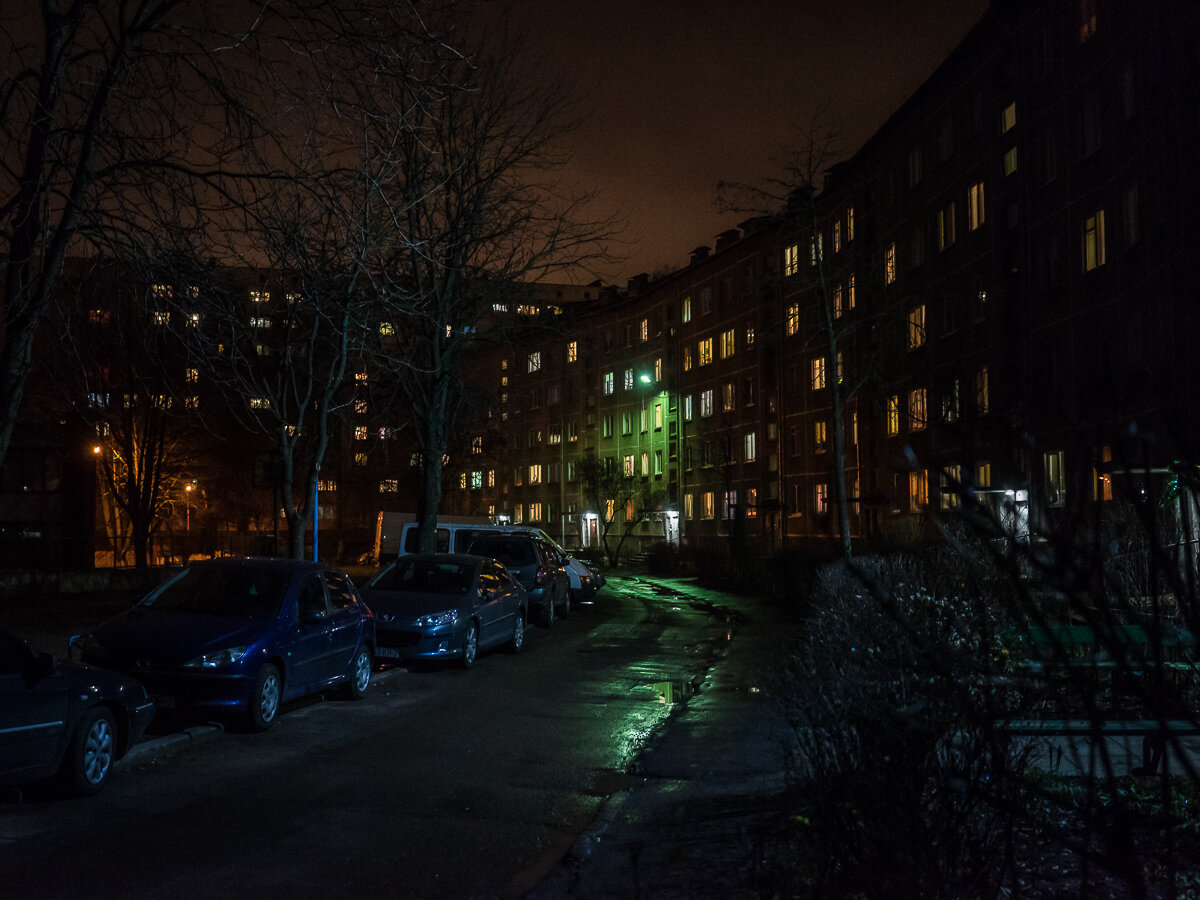
Outside the apartment building in which Maksim Pyakarski and Vadzim Zharomski were arrested by a SWAT-style police force for spraypainting graffiti on Monday, November 23, 2015 in Minsk, Belarus.
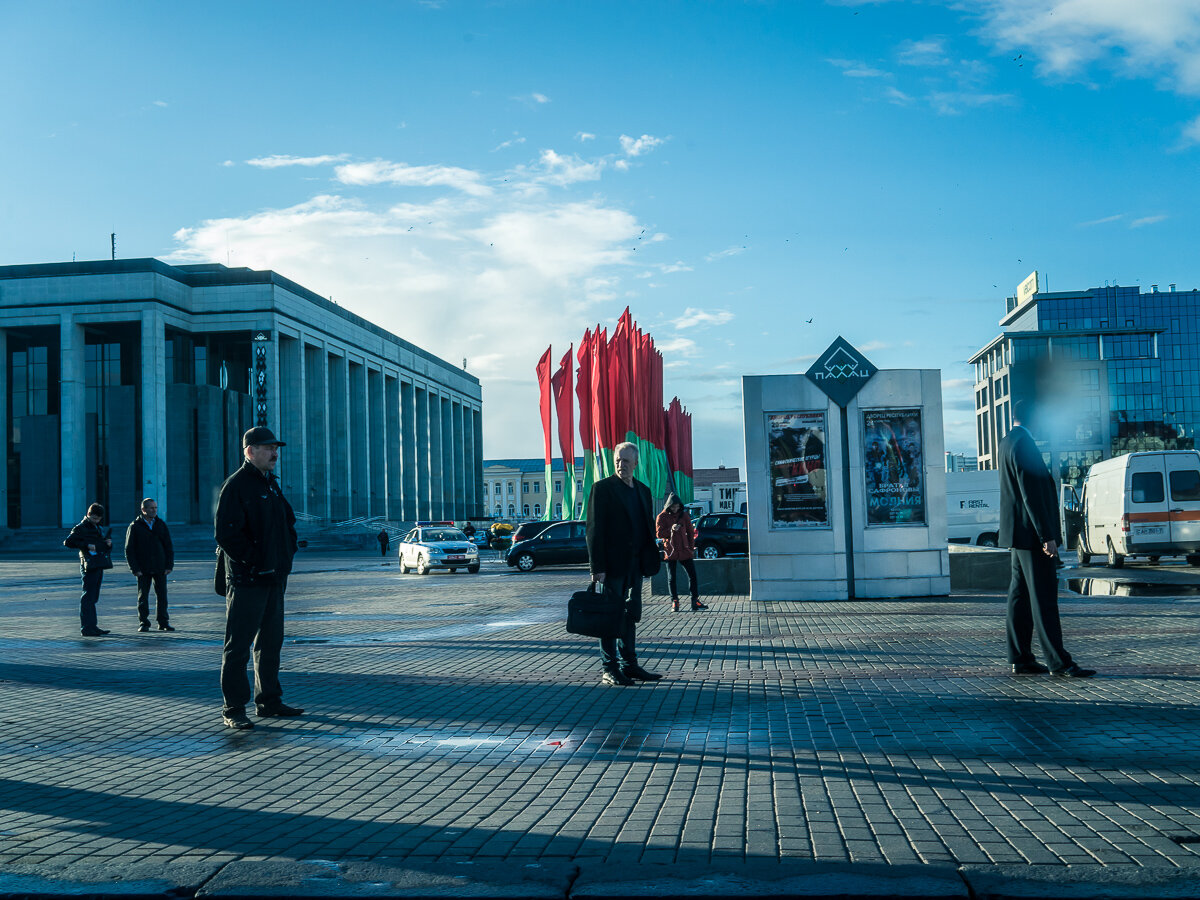
Kastrichnitskaya Square on Thursday, September 22, 2016 in Minsk, Belarus.
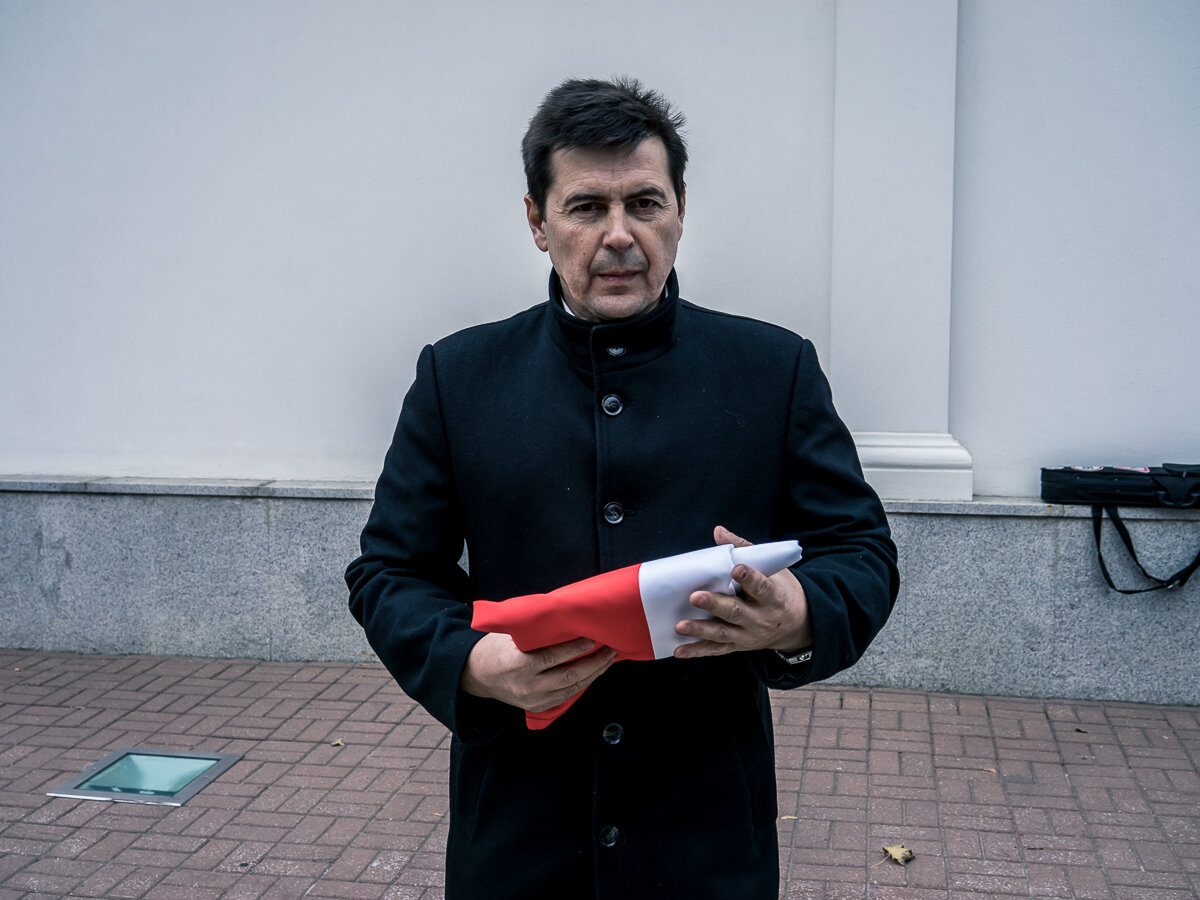
An assistant to Tatyana Korokevich, the opposition candidate running for president of Belarus against longtime strongman Alexander Lukashenko, holds a Belarusian nationalist flag during a campaign event on Friday, October 9, 2015 in Minsk, Belarus.
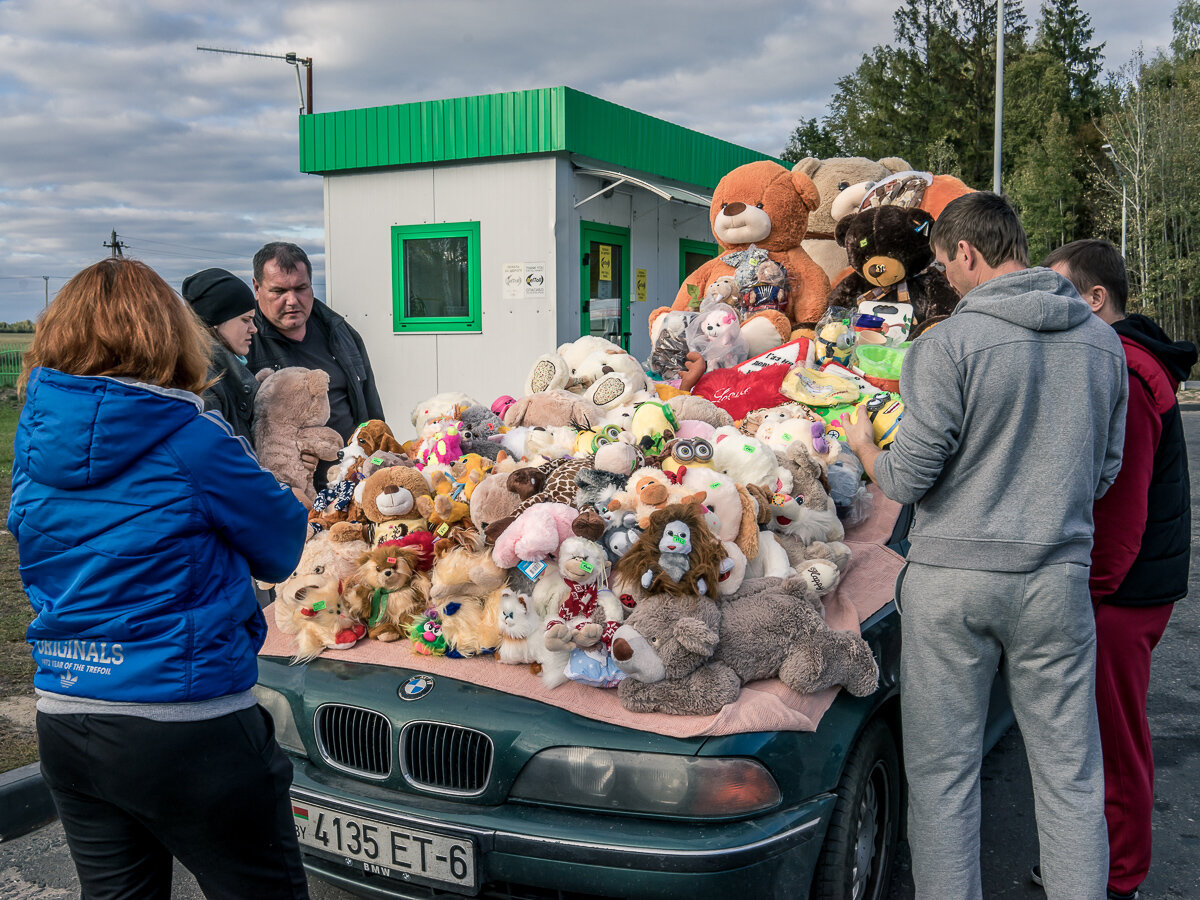
A man sells stuffed animals at a gas station on Sunday, October 11, 2015 in Minsk Oblast, Belarus.
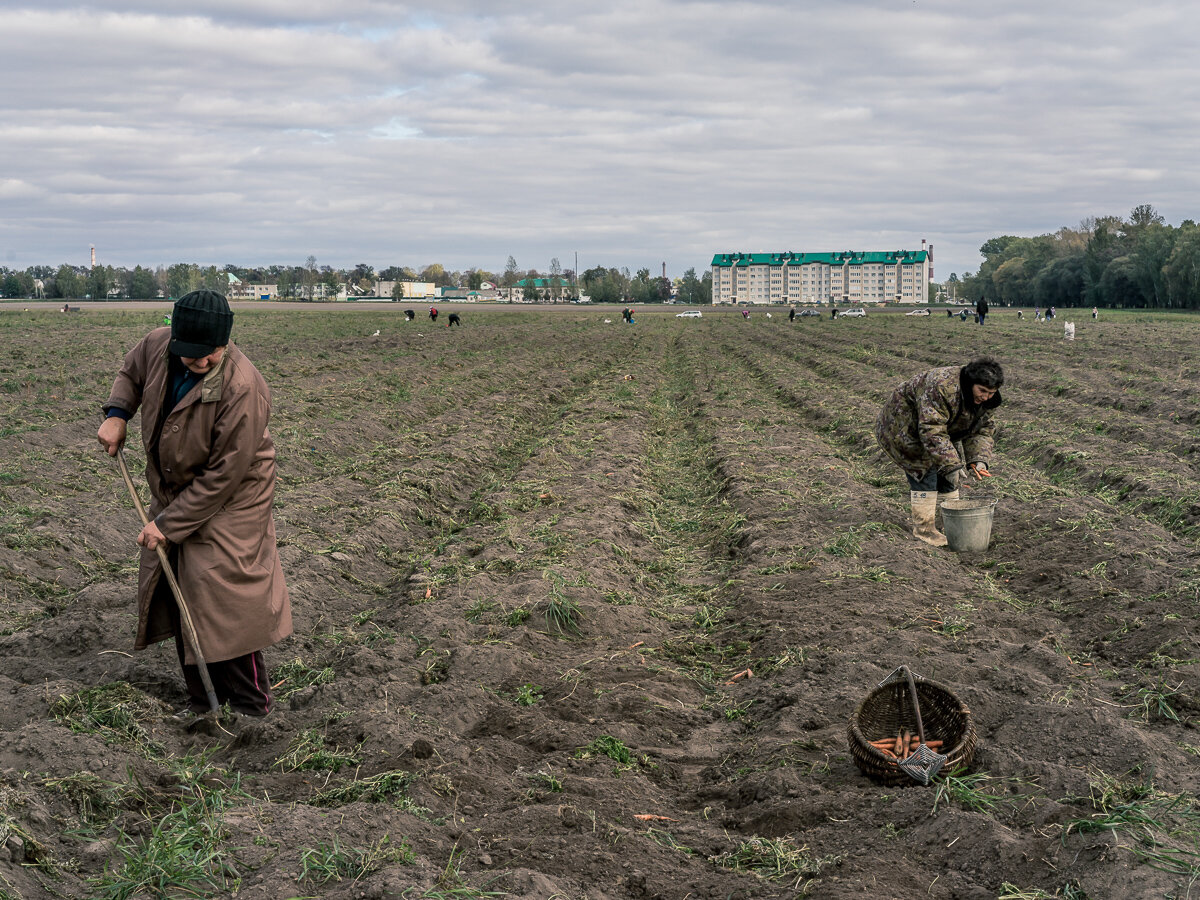
Collective farm workers harvest carrots on Sunday, October 11, 2015 in Babruysk, Belarus. The town has been proposed to house a new Russian air base, though whether that will happen is questionable.
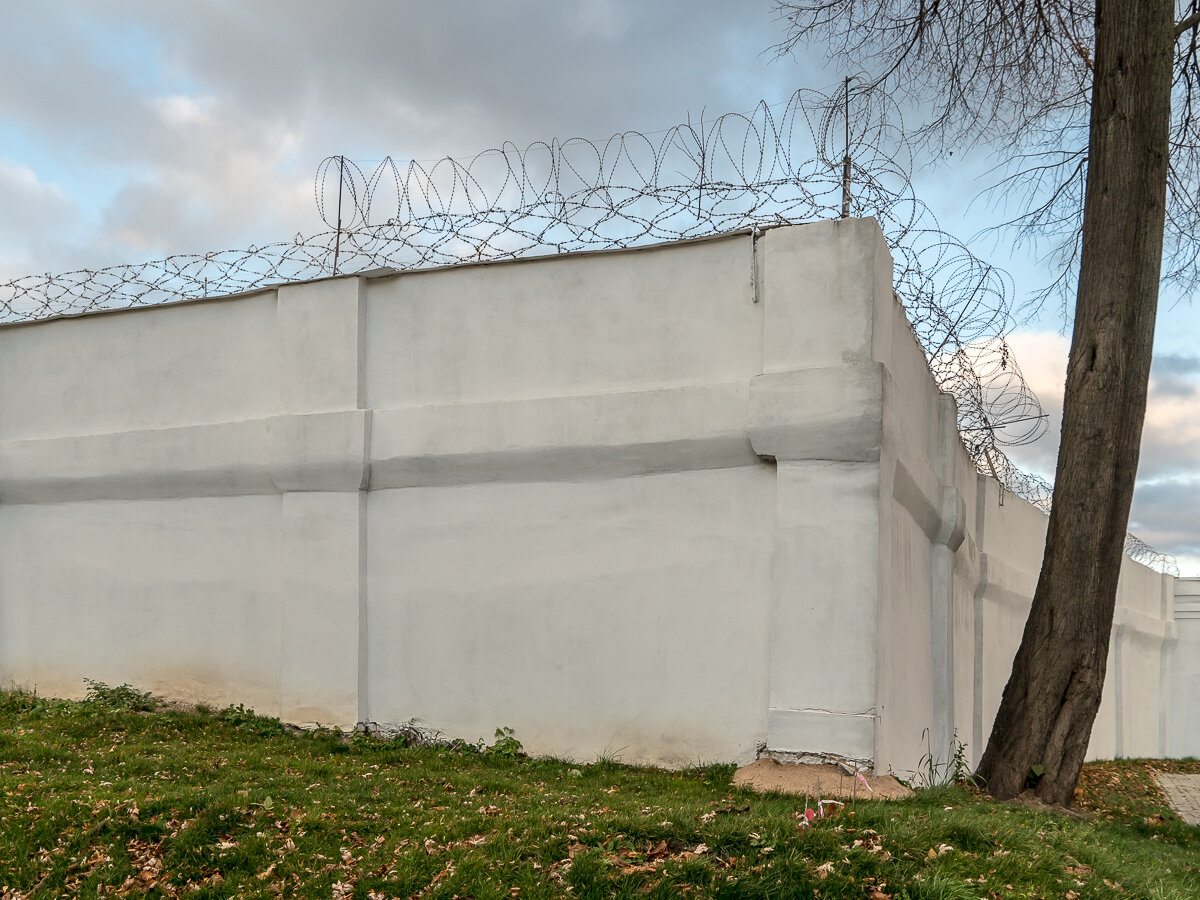
The Minsk Detention Center No. 1, where all death row inmates are held, on Tuesday, October 29, 2019 in Minsk, Belarus.
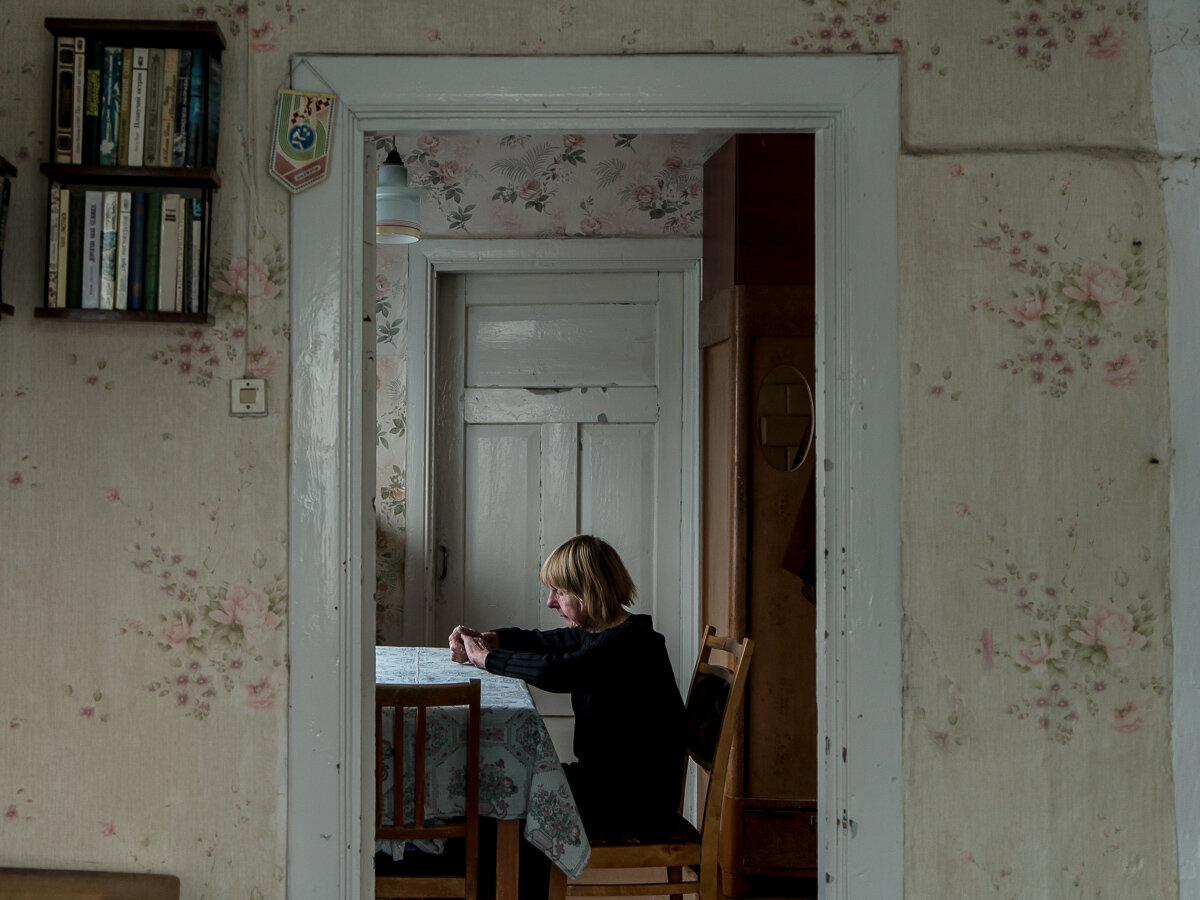
Tamara Selyun poses for a portrait in her kitchen on Wednesday, October 30, 2019 in Vileyka, Belarus. Her son, Pavel Selyun, was executed after being convicted of murdering his wife and friend after apparently finding the two of them together. Belarus is the only European country that retains the death penalty.
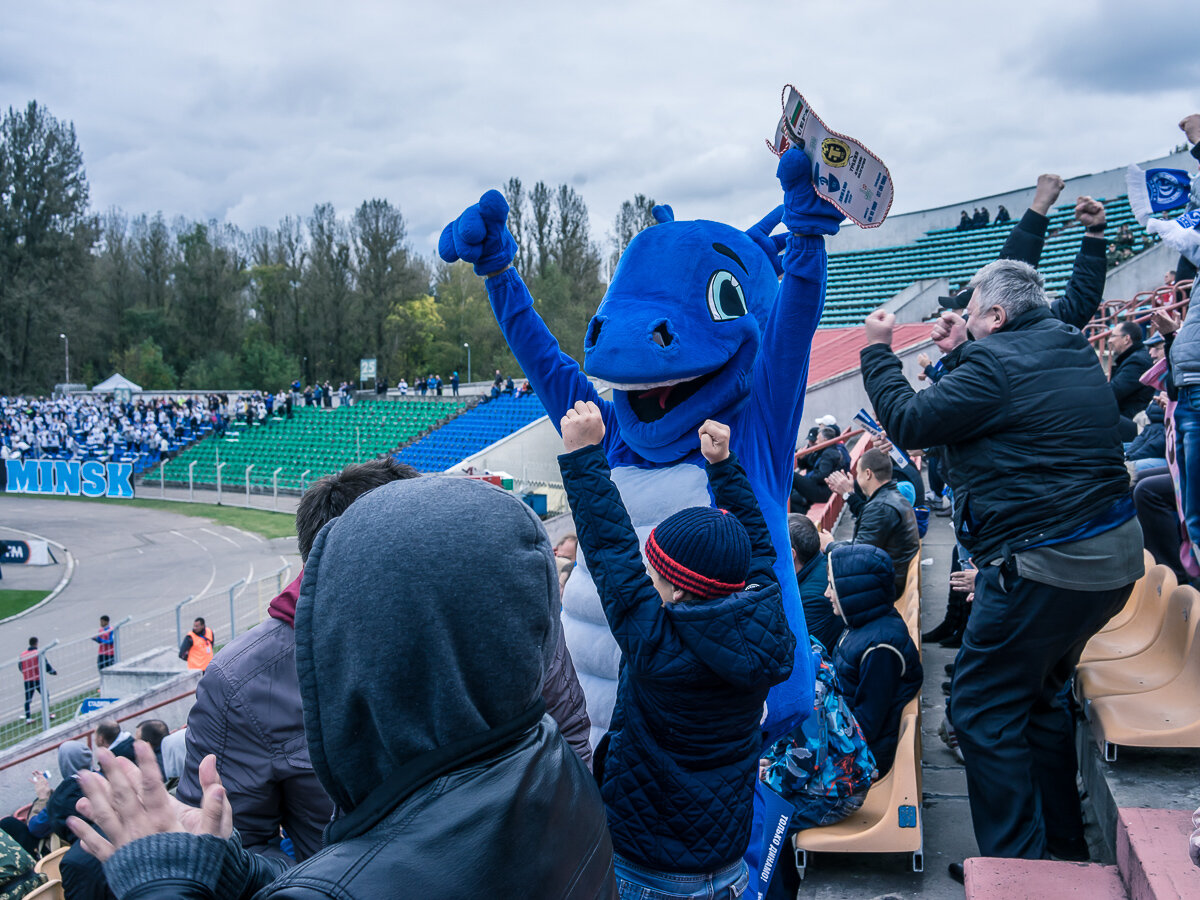
Dinamosha, the mascot of FC Dinamo Minsk, cheers a goal at the team's Traktor Stadium on Sunday, September 25, 2016 in Minsk, Belarus.
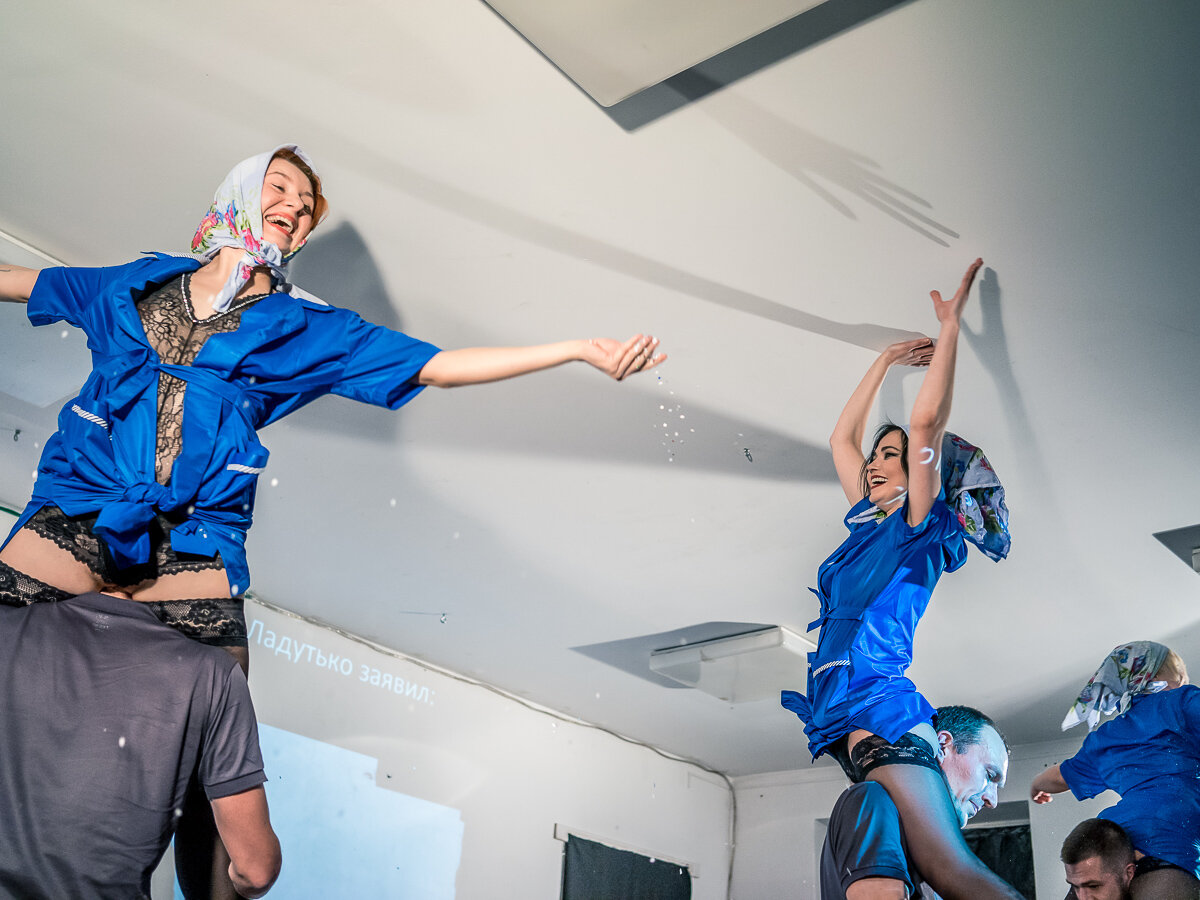
Actors with the Belarus Free Theatre performs at a secret location on Sunday, October 11, 2015 in Minsk, Belarus. The underground theater group operates in defiance of hardline authorities, with blatantly political and otherwise controversial subject matter, which has in the past led to police raids on performances, arrests of members, and for its founders to go into exile.
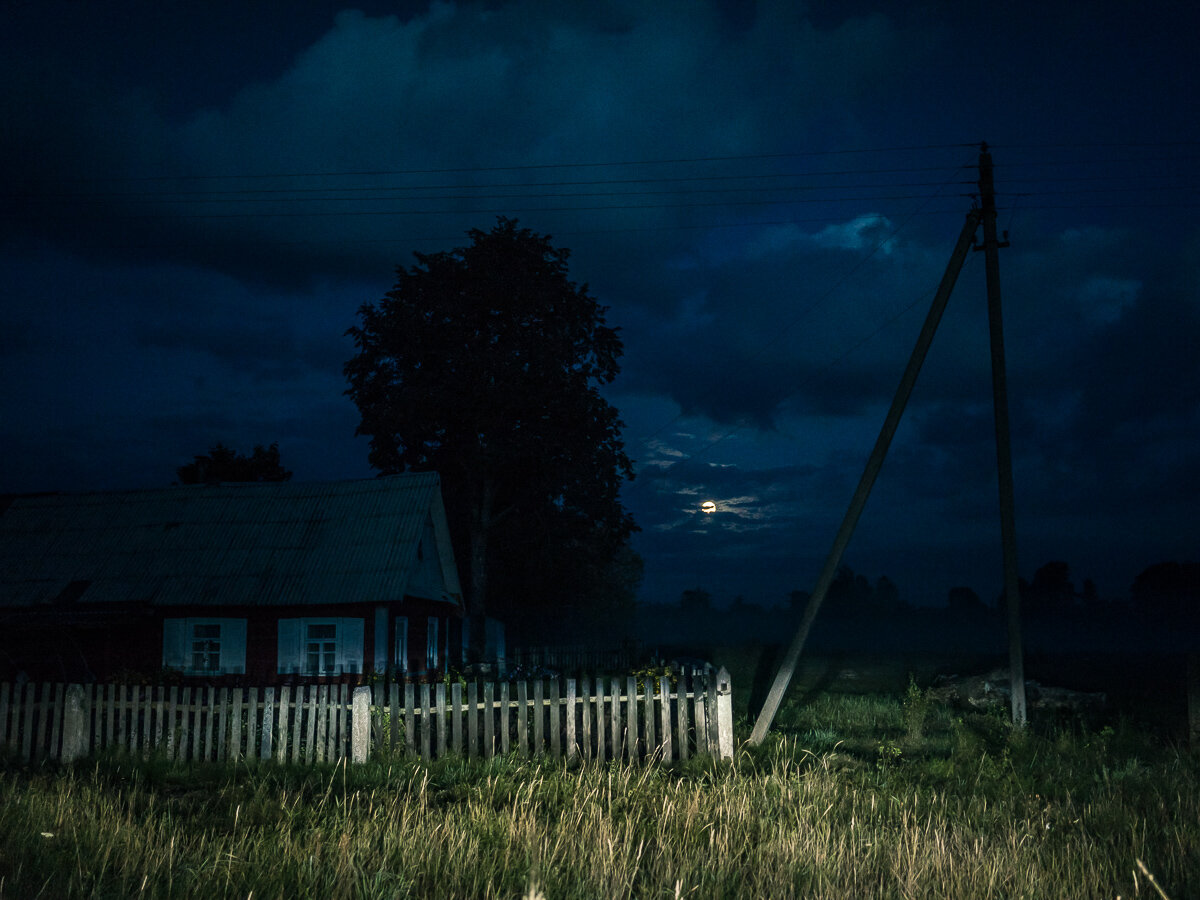
Fog settles at dusk on Friday, September 16, 2016 in Falkavicy, Belarus.
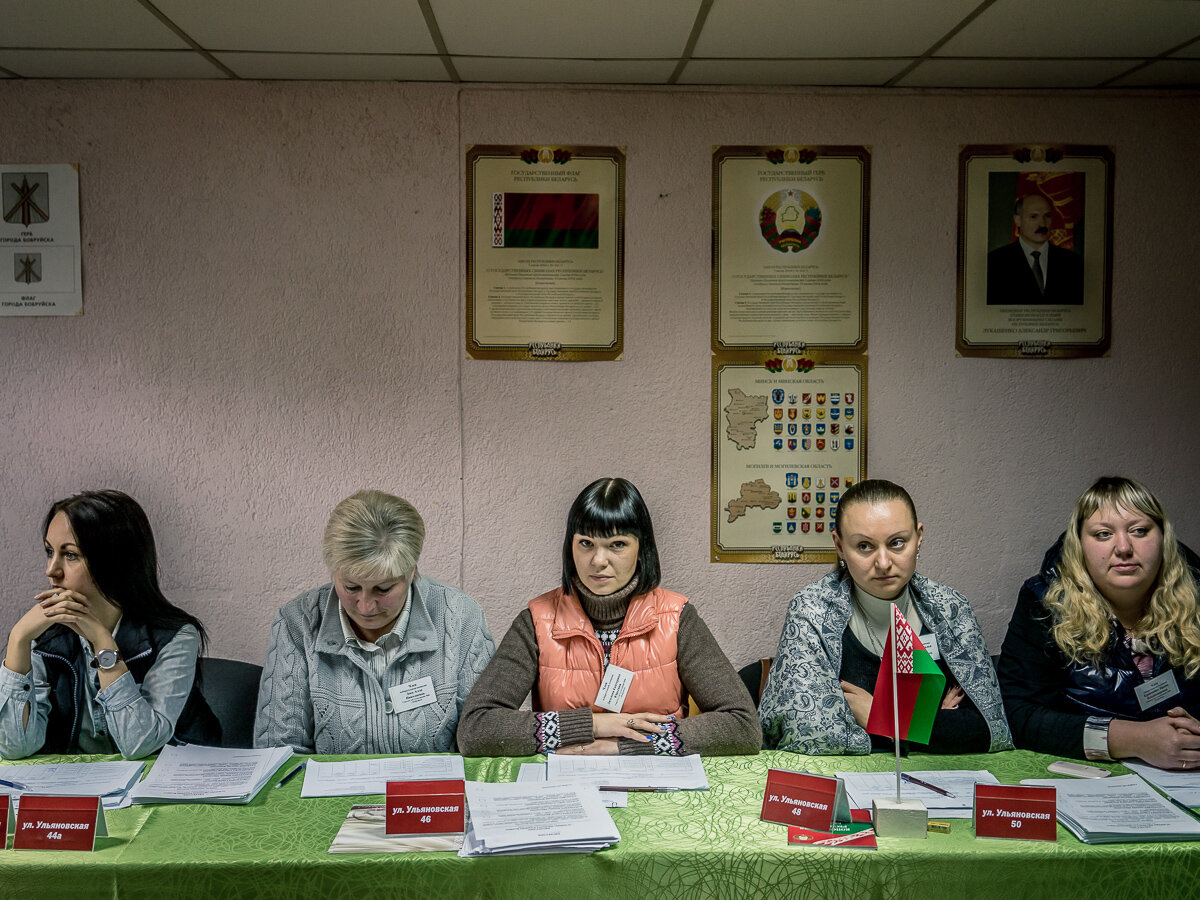
Election officials inside a polling station on Sunday, October 11, 2015 in Babruysk, Belarus. The town has been proposed to house a new Russian air base, though whether that will happen is questionable.
PROJECTS
Belarus Must Live
By Brendan Hoffman
The Eastern European country of Belarus is known primarily for its autocratic leader, Aleksandr Lukashenko, who since 1994 has presided over the former Soviet state as if the USSR had never collapsed. Its economy is largely state-run and political freedoms essentially nonexistent, although a thriving IT industry and relatively low levels of corruption have brought a modicum of comfort to the growing middle class in the capital city of Minsk. It remains a geopolitical fulcrum, shrewdly playing close ties with Russia against Western desires for openness.
The country is back in the spotlight after the August 2020 presidential election, in which Lukashenko’s major challengers were arrested or driven into exile, and the vote rigged to hand the incumbent an easy but utterly implausible victory. A defiant protest movement has been met with the full force of the state, sowing chaos at a time when much of the world is distracted by the coronavirus pandemic and leaving open the question of who will prevail in this test of wills.
